History
The Pontifical Catholic University of Rio de Janeiro (PUC-Rio) was founded in 1941, by Cardinal Sebastião Leme and Father Leonel Franca, SJ, and recognized by the Brazilian government by Decree 8.681, of January 15, 1946. By decree of the Congregation of Seminaries, on January 20, 1947, the PUC-Rio became also linked to the Holy See, receiving the title of Pontifical Catholic University of Rio de Janeiro.
In 1968, the Theology Department was erected and integrated to the newly created Center of Theology and Human Sciences (CTCH) of PUC-Rio. In 1972, the Postgraduate Program (masters and doctorate) was created and recognized by the Holy See, through the Sacred Congregation for Catholic Education. In 1977, Capes, which had the function of inducing, supervising and fostering the system, started a process of systematization of Program evaluations. PUC-Rio sent the data on Theology, which received, in the first two years, the qualification "SC" (no concept), while it had not concluded its defenses. In 1979, Theology received the "A" concept, the highest ever, indicating the recognition of the excellence of the research activities and the production of theological knowledge.
When, in 1995, Capes went through a restructuring and was strengthened as the institution responsible for monitoring and evaluating the existing stricto sensu post-graduation courses in Brazil, among the more than one thousand master's courses and six hundred doctoral courses, the PUC-Rio's doctoral and master's courses in Theology remained. This monitoring and evaluation carried out by Capes was formalized on November 29, 1995, through Ordinance 1.461, published in the Diário Oficial on December 11, 1995.
The Program was part of the Philosophy/Theology Area, having always been evaluated in the strata of excellence. In 2016 Area 44 of CAPES was created: Sciences of Religion and Theology, with CAPES Ordinance No. 174/2016, published in the DOU of October 13, 2016, redesignated by Resolution No. 01, of 04/04/2017, published in the Service Bulletin/CAPES - Special Edition No. 1 - April 2017. From then on, the PPG in Theology at PUC-Rio became part of its own area.
General objective of the PPG
To contribute to the progress of academic theological reflection, observing the characteristics and methodological rigor expected of graduate studies. The PPG aims at being a center of academic excellence, through the research and advanced studies it conducts, always seeking to respond to today's challenges.
In its academic contribution, the PPG is organized in two areas of concentration: Biblical Theology and Systematic-Pastoral Theology. The areas are related and interact among themselves, each one having its own profile, but acting in a relational way within the PPG itself. In relation to the specificities of the general action of the PPG, and applying to both areas of concentration, some specific objectives unfold, as we can see on the PPG site itself.
Biblical Theology and Systematic-Pastoral Theology are areas that are already traditional in the history of the theology course at PUC-Rio, in which it has come to understand, through the appreciation of CAPES' evaluation processes, that its curricular structure is consolidated and makes the PPG play an outstanding role in the national and international academic theological scene. It has more than fifty (50) years of research. The starting point of this research work is the relationship between the positive and consolidated statements of theology and the various human realities that question and interact with it.
Specific objectives of the PPG
a) as regards openness to dialogue and interdisciplinarity:
1. to conduct research with a strong ecumenical and interreligious openness.
2. to dialogue with the current historical-socio-cultural scenario in Brazil, Latin America and other parts of the world.
3. give special attention to interdisciplinarity, multidisciplinarity and transdisciplinarity.
b) regarding methodology and the search for interaction and networking:
1. methodological explicitness: the PPG seeks to value research of high scientific rigor, either as to general scientific methodology, or as to the methodologies that are proper to theological science, especially those that are most appropriate for carrying out the investigations and obtaining the results of each of its areas of concentration.
2. Explanation of the search for new depths, interactions, and networking: the PPG aims at contributing to the consolidation, deepening, and development of theological knowledge of quality, both nationally and internationally, dialoguing with other centers of investigation, with the intention of forming researchers, higher level professors, religious leaders, pastoralists, and advisors in the diverse spheres of knowledge production in Area 44.
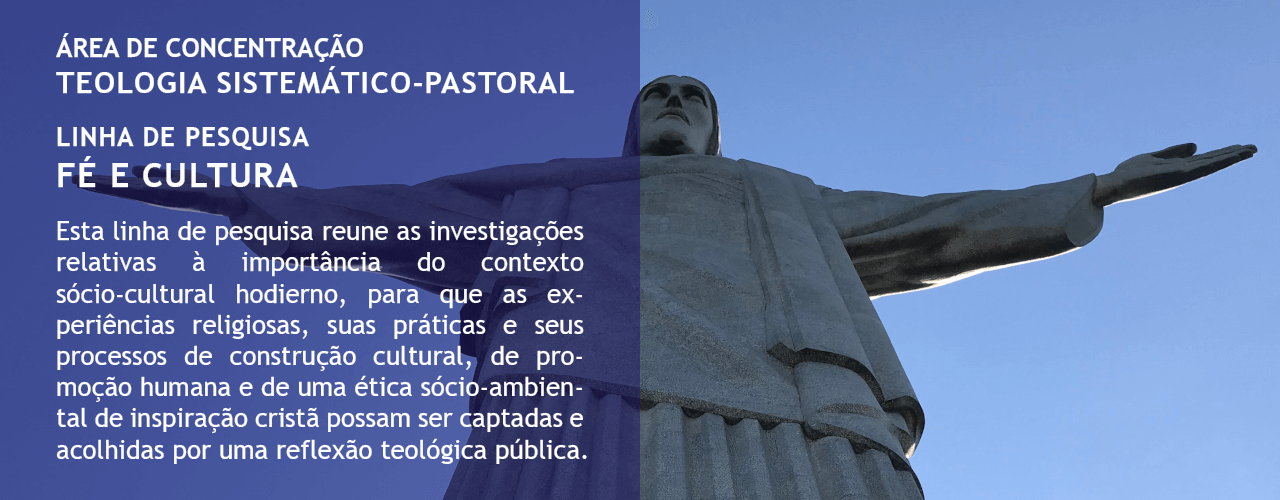
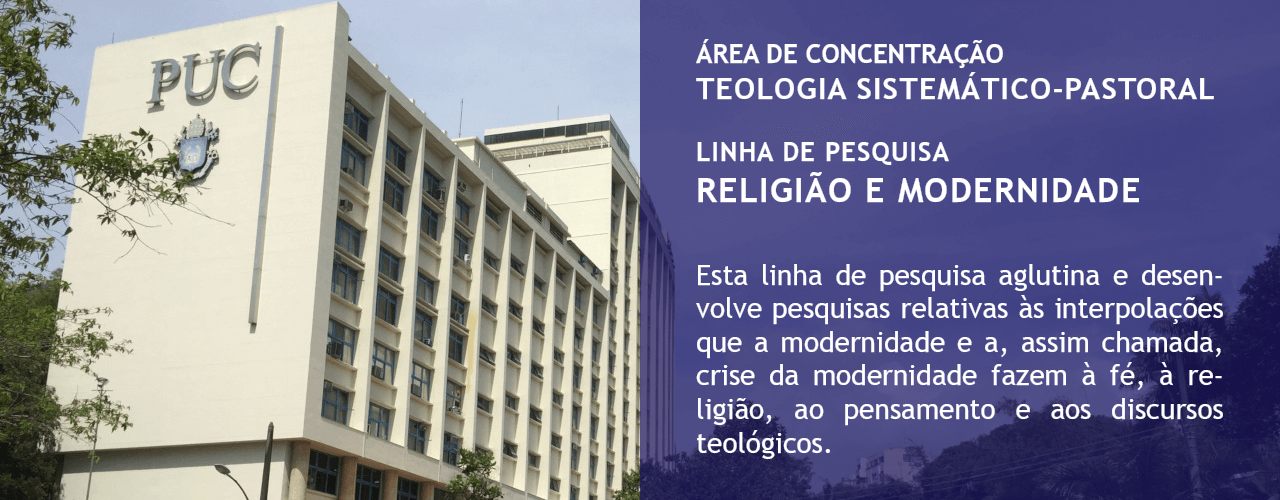
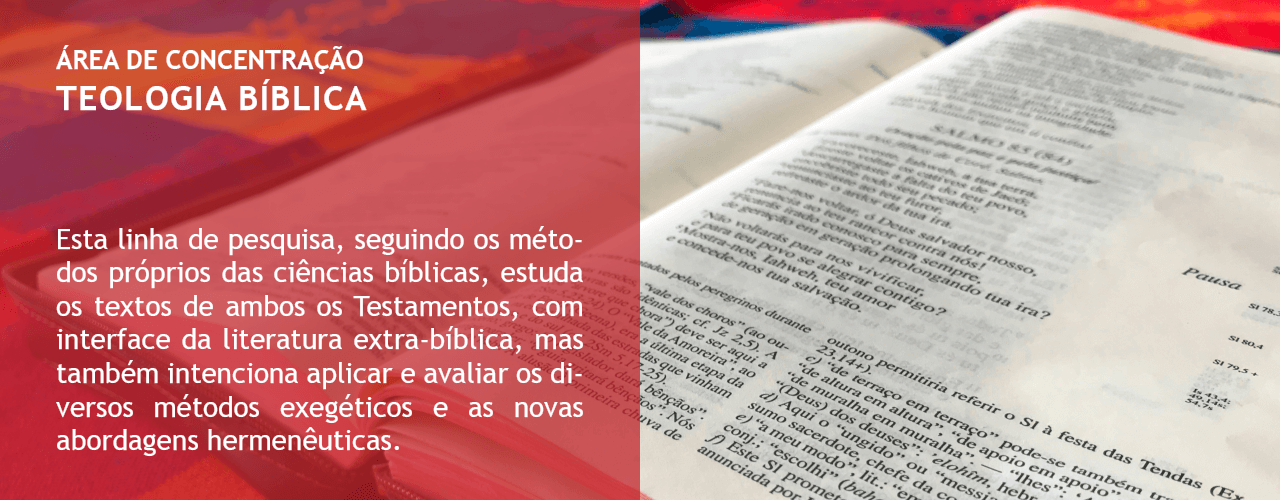
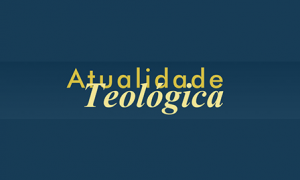
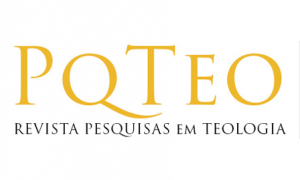
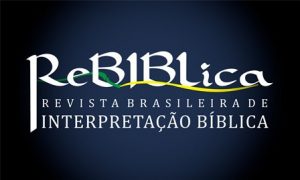
.png)